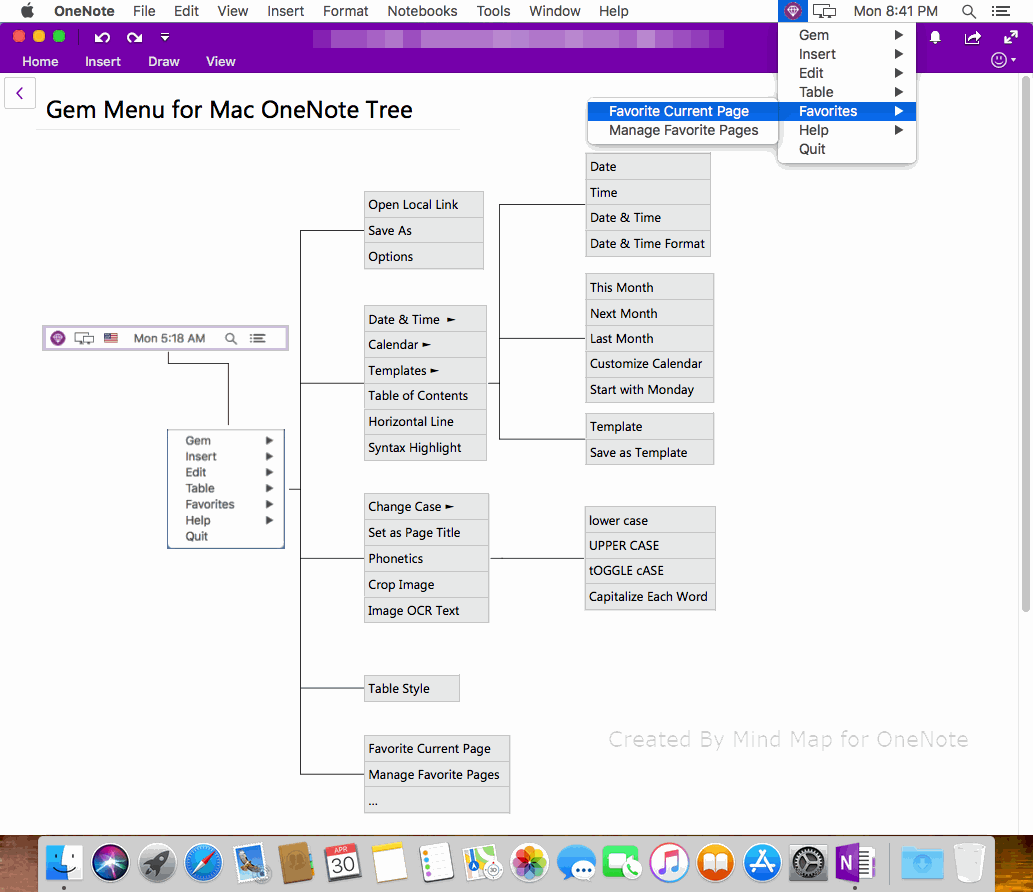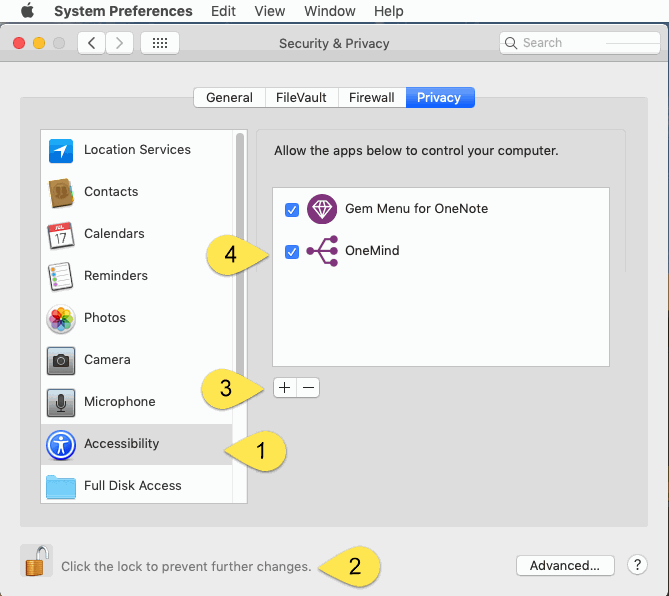Install the bundler and jekyll gems: gem install-user-install bundler jekyll Get your Ruby version: ruby -v ruby 2.7.1p83 (2020-03-31 revision a0c7c23c9c) Append your path file with the following, replacing the X.X with the first two digits of your Ruby version. RubyGems (check your Gems version using gem -v) GCC and Make (check versions using gcc -v,g -v, and make -v) Guides. For detailed install instructions, follow the guide for your operating system. MacOS; Ubuntu; Other Linux; Windows. Install Development Kit in rubyinstaller. Make new folder such as C:RubyDevKit and unzip. Go to the devkit directory and type ruby dk.rb init to generate config.yml. If you installed devkit for 1.9.3, I expect that the config.yml will be written as C:Ruby193. First install Sass using one of the options below, then run sass -version to be sure it installed correctly. If it did, this will include 1.27.0. You can also run sass -help.
A brief note on how to install and setup PostgreSQL for Ruby on Rails on Mac OS.
- Install PostgreSQL
- Install pgAdmin
Prerequisites
This note assumes that Ruby on Rails has already been properly installed and the purpose is to replace the default DB engine SQLite with PostgreSQL.
Install PostgreSQL
As shown in the official Postgres download instructions here, there are few ways of installing PostgreSQL on Mac OS. Homebrew or Postgres.app are the common ones that often recommeded by other Mac users.
However, as I also use Linux and Windows machines for development, installing PostgreSQL using grapichal installer from EnterpriseDB would be a more widely used solution that keeps everything consistent across all my environment. This grapichal installer provides an easy and straightforward wizard to get Postgres installed with few simple clicks.
Download
- Go to https://www.enterprisedb.com/software-downloads-postgres
- Select a version. (For example, the latest installer version is
Version 9.4.0). - Click 'Mac OS X' to download for Mac.
Install
- Install from the downloaded file
postgresql-9.4.0-1-osx.dmgjust like any other Mac installers. - Follow through the installation wizard with the default options.
- Installing Stack Builder is optional and can be omitted.
Add to PATH

Locate where PostgreSQL's binary is. By default, it should be
/Library/PostgreSQL/9.4/bin/psql, where 9.4 is the PostgreSQL version number. Otherwise, use the followingfindcommand to find the path.sudo find / -name 'psql'
Open
~/.bash_profilewith following command.open ~/.bash_profile
Add the following line to
.bash_profileusing the PostgreSQL's binary path.PATH=$PATH:/Library/PostgreSQL/9.4/bin
Install pgAdmin
pgAdmin is the most popular and feature rich Open Source administration and development platform for PostgreSQL. It helps users manage PostgreSQL databases through graphical interfaces.
Install

- Download Mac OS dmg installer from https://www.pgadmin.org/download/macos4.php.
- Install it (e.g. the latest is
pgadmin3-1.20.0.dmg).
Connect to server
- Open up pgAdmin III from the applications.
- The local DB should be already shown up in Obeject Browser -> Server Groups -> Servers -> PostgreSQL 9.4 (localhost:5432). If not, manually add a server pointing to
localhost:5432or the port number specified when installing PostgreSQL.

Install pg gem
- Open up a terminal window
Find out where
pg_configis using the command below. By default, it should be/Library/PostgreSQL/9.4/bin/pg_configfor PostgreSQL 9.4.sudo find / -name 'pg_config'
Install the gem with
pg-configpath explicitly specified.gem install pg -- --with-pg-config=/Library/PostgreSQL/9.4/bin/pg_config
Update Ruby on Rails project
Update 'Gemfile'. Replace
gem 'sqlite3'withgem 'pg'.Run
bundle install.Open
config/database.ymlfile and update it like the following:

Original (for SQLite):
Install Gem For Mac High Sierra
New (For PostgreSQL):
Create DB using PostgreSQL
rake db:create && rake db:migrate
